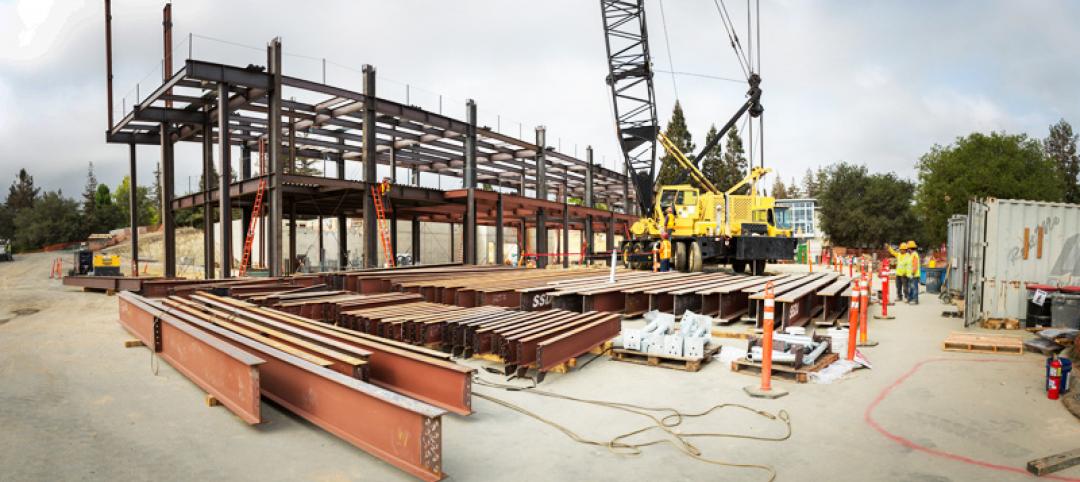In recent years, innovations in energy efficiency technology has opened many new avenues to reduce electric consumption in buildings.
But it is hard for building owners to keep up with these developments, analyze which options are most cost effective, and decide how best to invest their money. An increasingly popular method to implement energy efficiency technology is called “energy efficiency as a service.”
A typical arrangement consists of a building owner and a provider striking an agreement that pays for energy efficiency projects. The building owner does not pay anything upfront. The owner makes payments in installments within a certain timeframe. Payments are in the form of savings in energy costs realized from the improvements.
Bentley Mills, a manufacturer of commercial carpet products, employed this technique to fund a $1.5 million energy efficiency project. The contract stated that over the course of the 8-year term, Bentley would save over 12.8 million kWh. One year after the project was completed, the plant measured a 21% decrease in the kWh per square yard manufactured while increasing sales growth by 9% during the same time.
Related Stories
Codes and Standards | Jun 4, 2015
NIBS, RICS to explore P3 as tool to achieve high-performance buildings
The idea of applying the P3 concept more to buildings, and especially building performance, is a potentially promising new avenue in the U.S., according to the trade groups.
University Buildings | May 30, 2015
Texas senate approves $3 billion in bonds for university construction
For the first time in nearly a decade, Texas universities could soon have some state money for construction.
Multifamily Housing | May 30, 2015
Energy Department releases resources to assess building energy benchmarking policies, programs
The new handbook demonstrates methodologies using real data from New York City.
Codes and Standards | May 27, 2015
Construction industry concerns with ‘Waters of the U.S.’ rule remain
EPA and Corps of Engineers rule may lead to a longer, more expensive permitting process
Codes and Standards | May 22, 2015
Rapid growth for environmental insurance in construction industry
The U.S. Environmental Protection Agency is paying closer attention to intrusion of potentially harmful vapors into commercial and residential buildings.
Codes and Standards | May 22, 2015
Roof collapse at Minnesota water park highlights failure to enforce codes
Rural areas say they can’t afford to enforce state-adopted building code.
Codes and Standards | May 22, 2015
U.S. House scuttles EPA plan to expand definition of waters in Clean Water Act
Construction industry officials said the rule would hamper developers, cost jobs.
Codes and Standards | May 22, 2015
First EPD covering PVC water and wastewater piping published
Benchmarks impacts of seven PVC pipe products across their life cycles.
Office Buildings | May 18, 2015
New ASHRAE standard offers test method to determine heat gain of office equipment
The standard will aid engineers in configuring cooling systems in office buildings.
Codes and Standards | May 7, 2015
Widespread damage from Nepal earthquake due to poor implementation of building code
Nepal’s code author says destruction was ‘inevitable.’














